Summit Of The Future Concept Note Now Released For The Interactive Dialogues - Multilateral Solutions For A Better Tomorrow 22 - 23 September 2024 United Nations Headquarters, New York
UN just issued their "Concept Note for the Interactive Dialogues", In this document UN set out to "shape the interactive narrative" for the potentially disastrous Summit of the Future! Pay attention!
Summit of the Future Multilateral Solutions for A Better Tomorrow
“the world must accelerate progress towards achieving the Sustainable Development Goals”
Do it - UN
The concept note for the Interactive Dialogues at the Summit of the Future has now been made available.
Interactive dialogue 1: Transforming global governance and turbocharging the implementation of the 2030 agenda for sustainable development
This dialogue focuses on the urgent need for reform of the global financial architecture, highlighted in discussions and initiatives aimed at modernizing the system to respond more effectively to current global challenges such as poverty, climate change, conflicts and addressing all forms of inequalities while accelerating progress to achieve the Sustainable Development Goals.
It will include critical issues concerning global economic stability, development financing, and the equitable management of global economic resources and consider several key aspects such as debt relief initiatives, global financial regulations, innovative financing for development, and inclusive and effective international tax cooperation.
It will also facilitate comprehensive discussions covering critical aspects of reform of the international financial architecture and its institutions, including IFIs and MDBs, with a focus on governance, stability, sustainability and inclusivity.
Guiding questions relate to the main vulnerabilities and inequities in the current international financial architecture; how can they be addressed; reform of the international financial architecture to support the implementation of the 2030 Agenda and global crises, particularly the global debt crisis; and actions the needed to ensure more transparent, accountable and inclusive governance in international financial institutions.
For those who wish to read the whole thing it is pasted below.
Full text of the new Concept Note For Interactive Dialogues is pasted below:
22 - 23 September 2024
United Nations Headquarters, New York
Concept Note for the Interactive Dialogues ----------
Interactive dialogue 1:
Transforming global governance and turbocharging the implementation of the 2030 agenda for sustainable development. The urgent need for reform of the global financial architecture has been an ongoing concern, highlighted in discussions and initiatives aimed at modernizing the system to respond more effectively to current global challenges such as poverty, climate change, conflicts and address all forms of inequalities while accelerating progress to achieve the Sustainable Development Goals. There is a recognized need for change, including to increase liquidity and ease pressure on developing countries, which are facing severe economic difficulties such as debt crises, inflation, and the impacts of climate change. The interactive dialogue will address critical issues concerning global economic stability, development financing, and the equitable management of global economic resources. The dialogue will focus on several key aspects such as debt relief initiatives, global financial regulations, innovative financing for development, and inclusive and effective international tax cooperation. The dialogue will also facilitate comprehensive discussions that cover critical aspects of reform of the international financial architecture and its institutions, including IFIs and MDBs, with a focus on governance, stability, sustainability and inclusivity.
Guiding questions:
What are the main vulnerabilities and inequities in the current international financial architecture, and how can they be addressed to ensure financial stability and equitable economic growth?
How can the international financial architecture be reformed to better support the implementation of the 2030 Agenda for Sustainable Development and the Sustainable Development Goals and to effectively respond to global crises, particularly the global debt crisis?
What actions by the international community are needed to ensure more transparent, accountable, and inclusive governance in international financial institutions?
Interactive dialogue 2:
Enhancing multilateralism for international peace and security. In a world characterized by increasing geopolitical tensions, the emergence of a multipolar, world and the persistent threat of conflicts, terrorism and violent extremism conducive to terrorism, the need for robust and comprehensive multilateral solutions to address challenges to international peace and security has never been more pressing. Furthermore, the evolving conflict and heightened tensions, as well as the intersection of new technologies with associated security implications also present challenges in all domains. Recent trends have also shown increase in hate speech, fueling divisions and intolerance. The challenges facing the international community are too great for any nation, small or large, to tackle alone. Multilateralism offers the only viable way to effectively tackle these threats, to address root causes, and build lasting and sustainable peace grounded in inclusive and just societies. To this end, the United Nations and its Member States must reinvigorate their approach towards the ultimate goal of the Charter: a world free from the scourge of war while also ensuring women’s full, equal and meaningful participation at all levels of decision making on peace and security. In its Declaration on the commemoration of the seventy-fifth anniversary of the United Nations, the United Nations General Assembly expressed its collective commitment to promote peace and to prevent the outbreak of conflict. However, in recent years, the objective of maintaining global peace and security and sustaining peace has increasingly become elusive, and the United Nations must do much more to better address the challenges of the 21st century and beyond. To achieve this, the diplomatic toolbox of the United Nations Charter offers the most viable path forward. Long overdue reform of the Security Council remains essential. In addition, a revitalized General Assembly and strengthened Peacebuilding Commission, as well as enhanced partnerships with other relevant organizations and stakeholders, are important elements of a multilateral peace and security architecture which better reflects today’s political realities. In this regard, the Secretary General through his policy brief “A New Agenda for Peace”, calls for renewed dialogue, rebuilding trust and solidarity, and emphasizing the imperative for collective action towards global peace and security.
Guiding questions:
How can multilateral cooperation, based on the United Nations Charter and international law, be reinvigorated and enhanced to address current challenges to international peace and security, in an increasingly complex and interconnected world and in the context of heightened divisions among the Member States?
In what ways can Member States, working through the intergovernmental bodies of the United Nations as well as engaging with diverse stakeholders, including regional organizations, civil society, marginalized and conflict-affected communities, and the private sector, collaborate more effectively to strengthen international governance mechanisms and promote peace and security worldwide?
How can the international community ensure that the “do no harm principle” is respected in the development and use of new technologies, while leveraging innovative approaches and collaborative frameworks to maintain peace and security, enhance peacebuilding efforts, counter terrorism, hate speech and violent extremism conducive to terrorism?
Interactive dialogue 3:
Towards a Common Digital Future: strengthening inclusive innovation and cooperation to bridge the digital divides. Strengthening digital cooperation is crucial to fully harness the potential of science, technology, and innovation for the benefit of humanity. Digital technologies and innovation can help accelerate progress towards the 2030 Agenda for sustainable development. However, the widening global digital gap remains a significant challenge for over a third of the global population who remain unconnected to the Internet and are at risk of being left outside the benefits and opportunities of digitalization, especially in developing countries, thus reinforcing inequalities and exclusion. Closing this gap is vital for attaining sustainable development. It requires concerted efforts, coherent policies, and partnerships to keep pace with a fast-changing and ever evolving digital landscape. Multistakeholder engagement will be crucial to mobilize support and resources to bridge the digital divide along with capacity-building initiatives, research and innovation to unlock the potential of universal and meaningful connectivity. By promoting collaboration and prioritizing inclusivity, we can ensure that people everywhere have equal access to the benefits of scientific and technological progress, leading towards a more prosperous, equitable, and sustainable future for all. While recognizing the immense benefits that digital technologies present, we must equally recognize the need to identify and mitigate risks associated with them, and to ensure human oversight of technology in ways that advance sustainable development and the full enjoyment of human rights. This can be achieved through the formulation, maintenance and enactment of appropriate legislation that protects individuals, including women and children, against violations and abuses of their human rights in the digital context.
Guiding questions:
How can digital technologies be leveraged to foster sustainable development in a balanced and inclusive manner including in addressing challenges, such as climate change, building resilience, enhancing financial inclusion and economic empowerment?
In what ways can multistakeholder collaboration and partnerships foster capacity-building, and bolster technological and scientific cooperation towards closing the digital divide both among and within countries?
How can we make sure that the development and use of digital technologies foster an inclusive, open, safe and secure digital space in which everyone, especially women and children, is protected from online harms?
Interactive dialogue 4:
The Future Starts Now: enhancing the global system for current and future generations. Our actions today will impact the future of billions of those yet to be born. Therefore, the world must accelerate progress towards achieving the Sustainable Development Goals, addressing existing and emerging challenges, including climate change, biodiversity loss, pollution, as well as sea-level rise and other environmental concerns, pandemics, conflicts, nuclear weapons, while pursuing progress and a future that is more just and sustainable for the people and the planet. This interactive dialogue will facilitate discussions on policy actions and collaboration for the stewardship of our planet and to safeguard the needs and interests of the present and future generations by eradicating poverty and hunger, reducing inequality, promoting, protecting and respecting the human rights of all as well as addressing the vulnerability and preparedness of the most vulnerable around the world. It will also address gender equality and the empowerment of women and girls, a foundational component to unlocking progress across all the SDGs. Ensuring the rights of women and girls is essential to achieving justice and inclusion, fostering economies that benefit everyone and securing a more prosperous, equitable, and sustainable future for present and future generations. The importance of having a reinvigorated multilateral system and aspects of intergenerational dialogue in decision-making would also be reflected upon in this dialogue.
Guiding questions:
How can we advance concrete and ambitious actions in line with the 2030 Agenda for Sustainable Development and our commitment on climate action, including the Paris Agreement, to ensure that our choices today address the needs of current generations without compromising the ability of future generations to meet their own needs?
How can we foster greater cooperation and cohesion among stakeholders to ensure that policies and actions are designed and benefit all, including future generations?
What practical steps and innovative strategies can be undertaken to foster intergenerational solidarity in safeguarding our common future for present and future generations?
https://www.un.org/sites/un2.un.org/files/sotf-concept-note-sotf-interactive-dialogues.pdf
IOJ is working as a non profit to educate governments and citizens to be free, restore rule of law and finally defeat the inherently destructive UN goals and concepts!
Interest of Justice Media Inc., is a not for profit organization. Contact us directly for 501(c)3 information
GET UNITED STATES OUT OF UNITED NATIONS! (all other countries will follow)
If you want out of UN and are in US please go to Rima Laibow’s site Preventgenocide2030.org and sign the petition to support the 2 Bills pending that would completely get US out of UN!
Related Articles By IoJ:

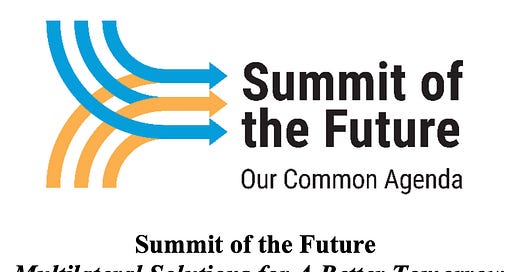



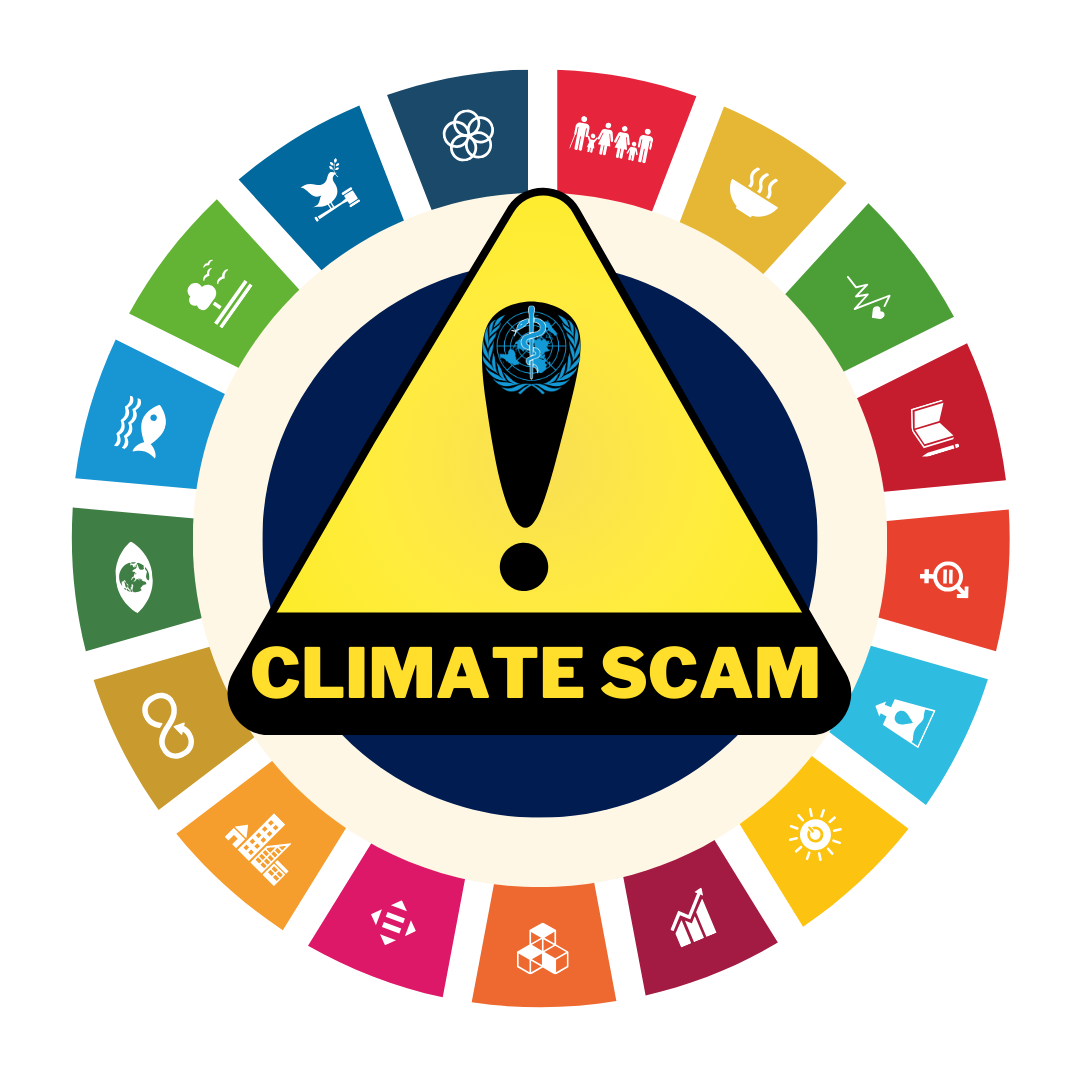
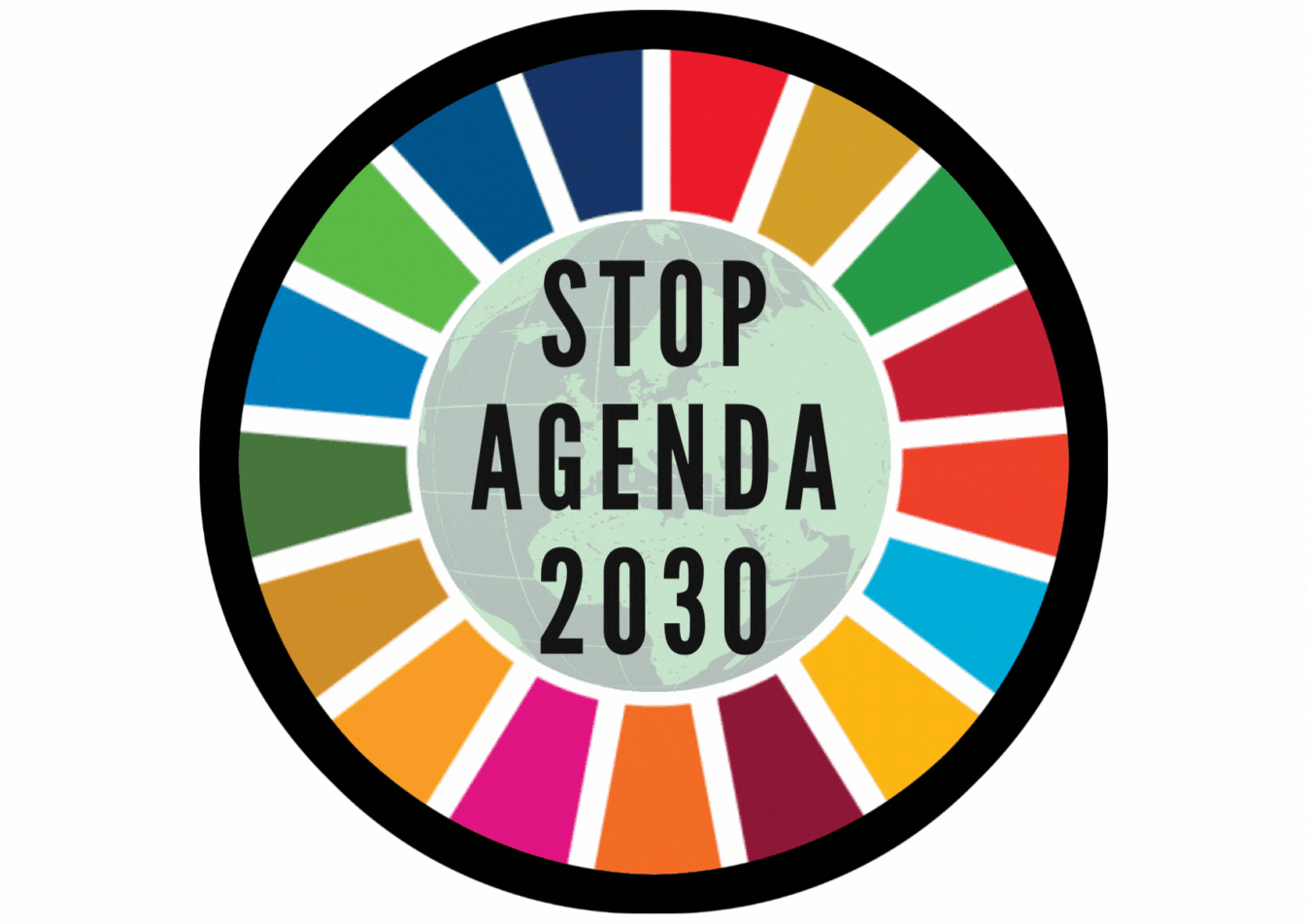




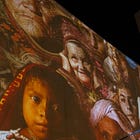
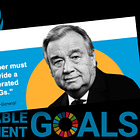
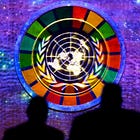
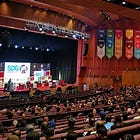

UNDO THE COMM U N IST
U N
They realy think they own the planet and everything is on it. This is not only evil but mentally illnes.